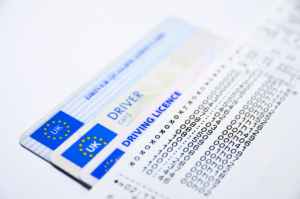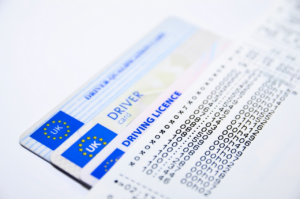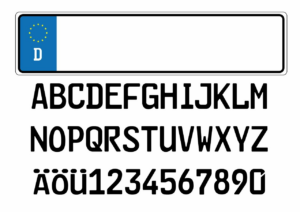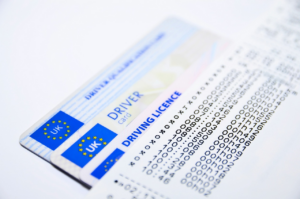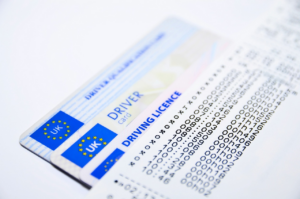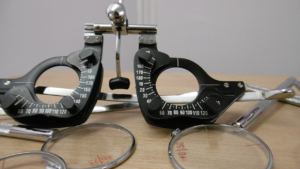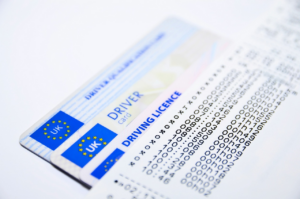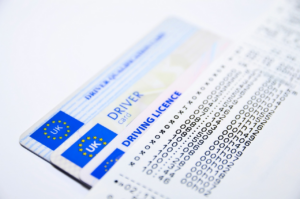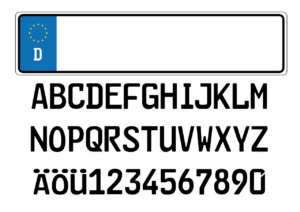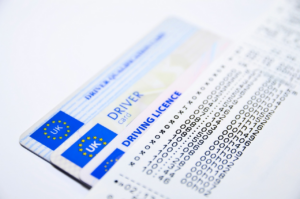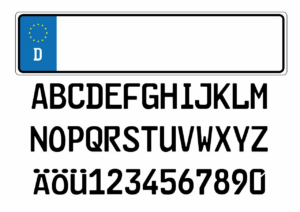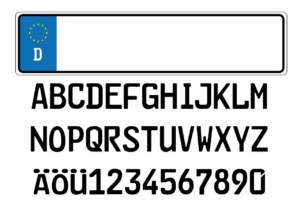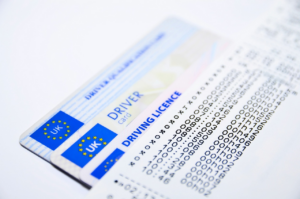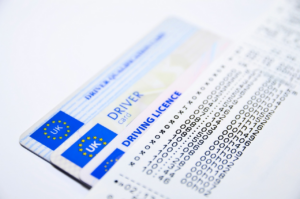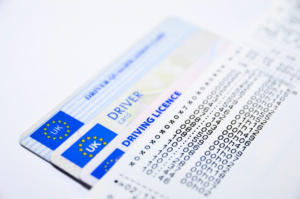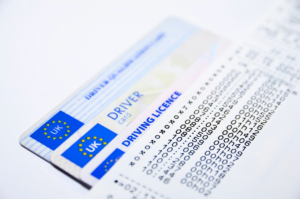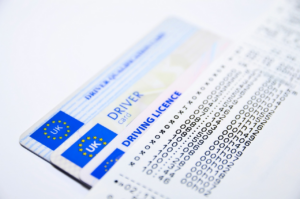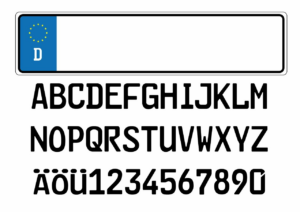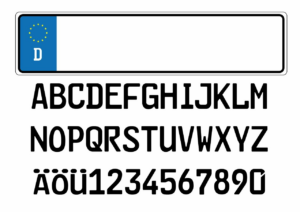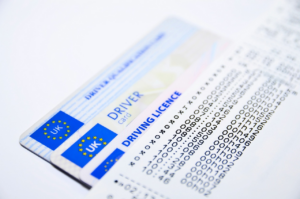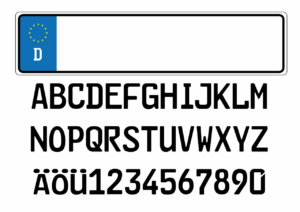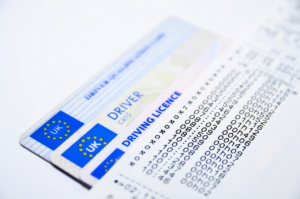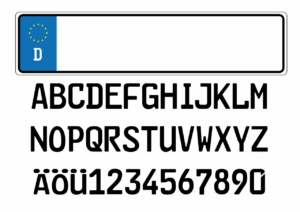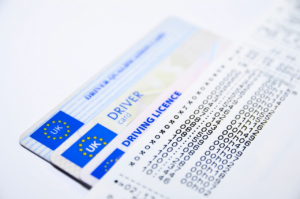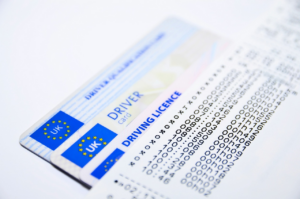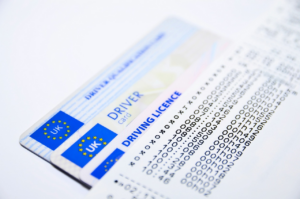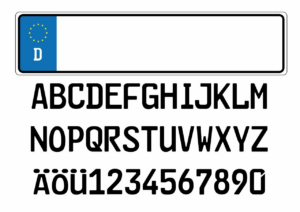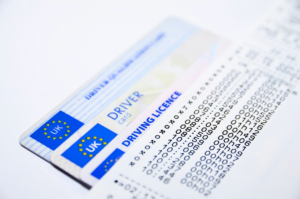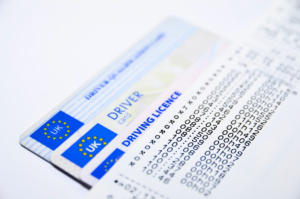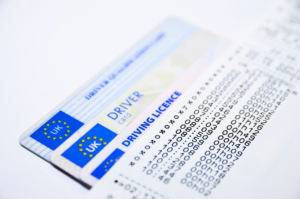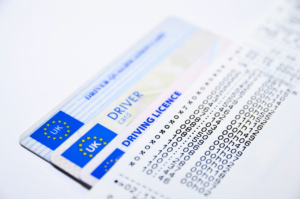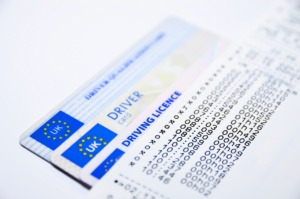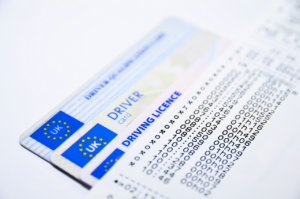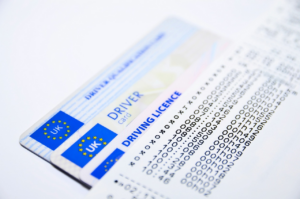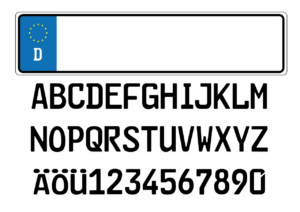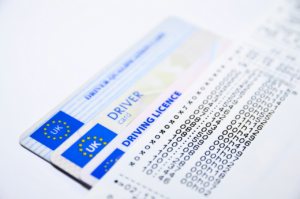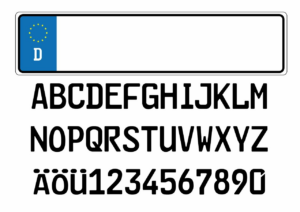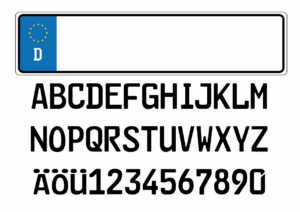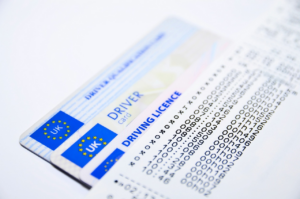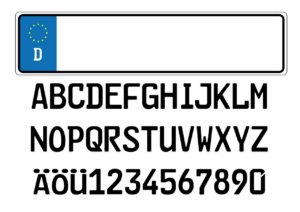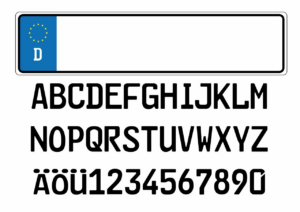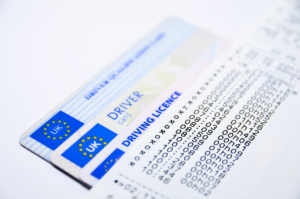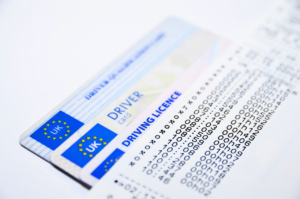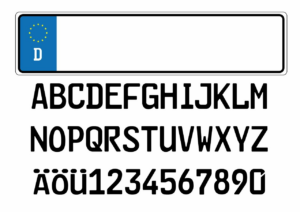If you’re looking to obtain or renew a UK driving licence, you’ll need to undergo a medical assessment to ensure that you’re fit to drive. This is an important step in ensuring road safety, as certain medical conditions can affect your ability to drive safely.
But where do you go for these assessments? In this article, we’ll explore the different options available to you, so you can make an informed decision and ensure that you meet the necessary requirements.
First, we’ll take a look at visiting your GP for a medical assessment. This is often the easiest and most convenient option, as your GP is likely to have a good understanding of your medical history and any conditions you may have. However, not all GPs offer medical assessments for driving licences, so it’s important to check beforehand. We’ll explore the process of visiting your GP for a medical assessment, and what you can expect from the assessment itself.
Alternatively, you may wish to consider private medical companies for your assessment, and we’ll take a look at this option as well.
Understanding the Importance of Medical Assessments for UK Driving Licences
Understanding why medical checks are crucial for your ability to hit the road with a UK driver’s license is key. These checks ensure that you’re physically and mentally fit to operate a vehicle safely.
The DVLA requires drivers to disclose any medical conditions that may affect their driving abilities. Failure to report these conditions can result in a fine of up to £1,000 and possible legal action if an accident occurs.
Medical assessments are also important for older drivers. As we age, our physical and cognitive abilities change, which can affect our driving skills. Regular medical checks can help identify any issues and provide guidance on how to safely continue driving.
Remember, the goal of these assessments is not to take away your driving privileges but rather to ensure that you and other road users are safe.
Visiting Your GP
If you’re seeing a doctor for any reason, it’s worth asking if they can also help you with your driver’s license requirements. Your GP can perform a medical assessment and complete the necessary forms for your driving license application.
Here are some things to keep in mind when visiting your GP for a medical assessment:
- Be prepared to answer questions about your medical history, including any medications you’re taking.
- Your GP may need to perform a physical examination to assess your fitness to drive.
- Depending on your medical condition, your GP may need to refer you to a specialist for further evaluation.
It’s important to remember that your GP has a duty to ensure public safety, and may need to advise you not to drive if they believe it would be unsafe for you to do so. However, if you’re deemed fit to drive, your GP can provide you with the necessary documentation to apply for or renew your driving license.
Private Medical Companies
You can consider private medical companies to help you with your driver’s license requirements. They offer services like medical evaluations and completion of necessary forms. These companies usually have experienced doctors and nurses who can provide you with a thorough medical examination and complete the necessary paperwork for your license.
You may need to pay for these services, but it can save you time and hassle compared to visiting your GP or waiting for an appointment with the NHS. When choosing a private medical company for your driver’s license requirements, it’s important to do your research and ensure that they’re reputable and reliable.
You can check online reviews and ratings, as well as ask for recommendations from friends or family who have used similar services. Make sure to also inquire about the cost of their services and any additional fees that may be involved.
Overall, private medical companies can be a convenient and efficient option for getting the medical assessments required for your UK driving licence.
The Assessment Process
When you arrive for your medical assessment for a UK driving licence, you can expect the process to include a physical examination, questionnaire and interview, and additional tests and assessments.
During the physical examination, the medical professional will check your hearing, vision, blood pressure, and general health.
The questionnaire and interview will involve questions about your medical history, medications, and any conditions that may affect your ability to drive.
Physical Examination
Having a physical exam is necessary before obtaining a driver’s license in the UK. This is to ensure that you’re physically fit to drive and don’t pose a danger to yourself or other road users. During the physical examination, the doctor will check your eyesight, blood pressure, and overall physical health.
Here are some things to keep in mind before your physical examination:
-
Wear comfortable clothing: You may be asked to perform some physical exercises, so it’s important to wear comfortable clothing and shoes.
-
Bring your glasses or contact lenses: If you wear glasses or contact lenses, make sure to bring them with you to the examination.
-
Be honest about your medical history: It’s important to be honest about your medical history so that the doctor can accurately assess your fitness to drive.
-
Ask questions: If you have any questions or concerns, don’t hesitate to ask the doctor during the examination. They’re there to help you and ensure your safety on the road.
Overall, the physical examination is an important part of the assessment process for obtaining a driver’s license in the UK. By following these tips and being honest about your medical history, you can ensure that you’re physically fit to drive and ready to hit the road.
Questionnaire and Interview
Now it’s time for you to fill out a questionnaire and have a chat with the examiner to make sure you’re all set to get behind the wheel.
The questionnaire will ask about your medical history, medications you’re currently taking, and any conditions you may have that could affect your ability to drive safely. It’s important to be honest and thorough when filling out the questionnaire so the examiner can make an informed decision about your fitness to drive.
After completing the questionnaire, you’ll have an interview with the examiner. They may ask you more detailed questions about your medical history or current conditions. They may also ask you to perform some basic physical tasks, such as standing on one foot or walking in a straight line, to assess your coordination and balance.
The purpose of the interview is to make sure that you don’t have any medical conditions that would prevent you from driving safely. If everything checks out, you’ll be given the green light to proceed with your driving assessment and hopefully get your UK driving licence soon.
Additional Tests and Assessments
It’s crucial to undergo additional tests and assessments to ensure that you’re fully prepared and capable of safely operating a vehicle on the road. The additional tests and assessments that you may need to take depend on your health condition and the type of vehicle you want to drive.
Here are three types of additional tests and assessments you may need to take:
-
Eyesight test: You’ll need to pass an eye test to show that you have good enough eyesight to drive safely. The test checks your ability to see at a distance and read number plates from a certain distance.
-
Medical examination: You may need to have a medical examination if you have a medical condition that may affect your ability to drive safely. A doctor will assess your health and make recommendations about your ability to drive.
-
Practical driving assessment: If you have a disability or a medical condition that affects your ability to drive, you may need to take a practical driving assessment. This assessment checks your ability to control a vehicle and your reaction to different driving situations.
Taking additional tests and assessments may seem daunting, but they’re necessary to ensure your safety and the safety of other road users. You should take these tests seriously and follow any recommendations given by medical professionals. Remember, safety should always be your top priority when operating a vehicle.
Medical Conditions that Could Affect Your Ability to Drive
If you have any medical conditions that could potentially affect your ability to get behind the wheel, this section has all the information you need to know. The Driver and Vehicle Licensing Agency (DVLA) has a list of medical conditions that could affect your driving ability. If you have any of these conditions, it’s important to inform the DVLA immediately to ensure that your driving licence is still valid.
Some of the medical conditions that could affect your ability to drive include epilepsy, diabetes, and sleep apnea. These conditions require medical assessments to determine whether you’re fit to drive. The medical assessments will be carried out by medical professionals who are registered with the DVLA.
If you have any of these conditions, it’s important to seek medical advice and inform the DVLA as soon as possible. Remember, driving with a medical condition that affects your ability to drive isn’t only dangerous but also illegal.
Age-Related Assessments
As you age, you may start to feel uneasy about your ability to continue driving safely, but don’t worry, there are assessments available to help you determine if you’re still fit to drive. Age-related assessments are aimed at making sure you are physically and mentally capable of handling a vehicle.
Here are some things to keep in mind when considering age-related assessments:
-
It’s normal to feel apprehensive about losing your independence, but remember that your safety and the safety of others on the road should always come first.
-
Age-related assessments can help identify any physical or mental limitations that may affect your ability to drive safely.
-
These assessments may include vision tests, hearing tests, reaction time tests, and cognitive assessments.
-
It’s always better to err on the side of caution and take an assessment, even if you feel confident in your driving ability. It’s better to know for sure that you’re safe on the road.
Remember, age-related assessments are not meant to be punitive or discriminatory. They are simply a tool to help ensure your safety and the safety of others on the road. Don’t hesitate to schedule an assessment if you have any concerns about your ability to drive.
Ensuring You Meet the Necessary Requirements
Now that you have a better understanding of age-related assessments required for a UK driving license, it’s important to ensure that you meet all the necessary requirements.
This includes not only age-related assessments but also medical assessments for specific health conditions that may affect your ability to drive safely.
To ensure you meet the requirements, you should consult with your doctor or a medical professional who can conduct the necessary assessments.
These medical assessments can include vision tests, hearing tests, and assessments for conditions such as epilepsy, diabetes, or heart conditions.
It’s important to note that while these assessments may seem daunting, they are in place to ensure that you and those around you are safe while driving.
By taking the necessary steps to meet these requirements, you can have peace of mind knowing that you are a safe and responsible driver.
Conclusion and Next Steps
To wrap things up, you’re now equipped with the knowledge needed to ensure that you’re meeting all the necessary requirements for obtaining your driver’s license and driving safely on UK roads. By following the steps outlined, you can ensure that you have the proper medical assessments done and that you have the correct documents to present to the DVLA. Remember to be honest about any medical conditions you may have, as failing to disclose certain conditions could lead to serious consequences.
Moving forward, it’s important to stay up-to-date with any changes in the requirements for obtaining a driver’s license. Stay informed by regularly checking the DVLA website or speaking with a medical professional if you have any concerns about your ability to drive safely.
With the right preparation and ongoing attention to your health, you can confidently navigate the process of obtaining a driver’s license and hitting the road.
Frequently Asked Questions
What medical conditions automatically disqualify someone from obtaining a UK driving licence?
If you have certain medical conditions, you may be automatically disqualified from obtaining a UK driving licence. These conditions include epilepsy, certain types of diabetes, severe mental health conditions, and certain types of visual impairments.
If you have any of these conditions, you must inform the DVLA (Driver and Vehicle Licensing Agency) and they will assess your ability to drive. In some cases, you may be able to drive with certain restrictions or adaptations, but in other cases, you may not be able to drive at all.
It’s important to be honest about your medical history when applying for a driving licence, as failure to disclose relevant medical information could result in a fine or even prosecution if you are involved in an accident.
Can a medical assessment be done at home instead of going to a medical facility?
If you’re wondering whether you can do a medical assessment for a UK driving licence at home, the answer is no.
The medical assessment must be conducted by a qualified medical professional at a medical facility. This is to ensure that the assessment is conducted thoroughly and accurately, and that you receive the proper medical advice regarding your fitness to drive.
It’s important to note that certain medical conditions may automatically disqualify you from obtaining a UK driving licence, so it’s crucial to undergo the assessment in a professional setting.
Contact your local GP or medical facility to schedule your medical assessment for a UK driving licence.
How long does it typically take to receive the results of a medical assessment?
When it comes to receiving the results of a medical assessment, the timing can vary. Generally, results should be available within a few days to a week. However, this can depend on the type of assessment and the facility where it was conducted.
Some medical assessments may require additional testing or consultation with specialists, which can lengthen the time it takes to receive results. Additionally, if any issues or concerns are identified during the assessment, further tests or follow-up appointments may be necessary, which can also affect the timeline for receiving results.
It’s always best to ask the medical facility conducting the assessment for an estimated timeline for receiving results.
Are there any financial assistance programs available for individuals who cannot afford a private medical assessment?
If you’re unable to afford a private medical assessment for your UK driving licence, there are financial assistance programs available to help.
The government offers the Medical Conditions and Driving scheme which provides free medical assessments for those who meet certain criteria.
Additionally, some local charities and organizations may offer financial assistance for medical assessments.
It’s important to research and explore all options available to ensure you get the necessary assessment without breaking the bank.
If my medical condition changes after I have already obtained a UK driving licence, do I need to notify the DVLA?
If your medical condition changes after you’ve obtained a UK driving licence, you’re required to notify the DVLA. This is because certain medical conditions can affect your ability to drive safely, and it’s the DVLA’s responsibility to ensure that all drivers on the road are fit to drive.
Failing to notify the DVLA of a change in your medical condition could result in penalties or even legal action if you’re involved in an accident. It’s your responsibility to keep the DVLA informed of any changes in your health that could affect your ability to drive safely.
Conclusion
So, now you know where to go for medical assessments required for a UK driving licence. It’s important to remember that these assessments are crucial for ensuring you’re fit to drive safely and reduce the risk of accidents on the road.
Whether you choose to visit your GP or opt for a private medical company, make sure you’re prepared for the assessment process and have all the necessary information and documentation.
Remember to always disclose any medical conditions that may affect your ability to drive and follow any age-related assessment requirements. By taking these steps, you can ensure you meet the necessary requirements and enjoy safe and responsible driving.





